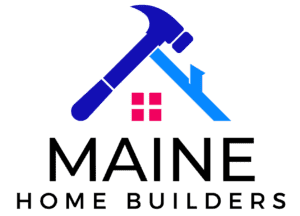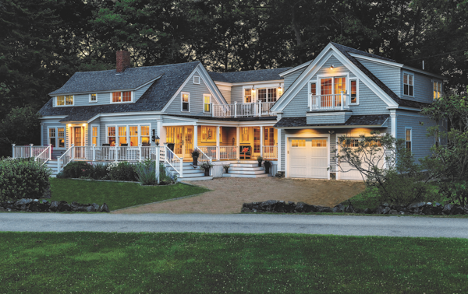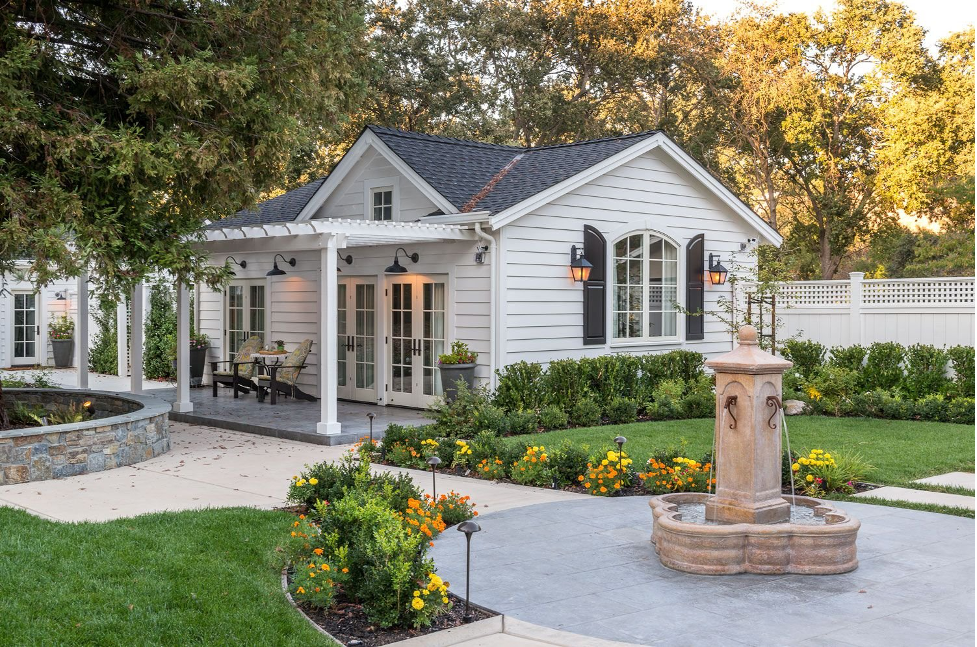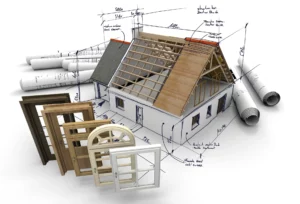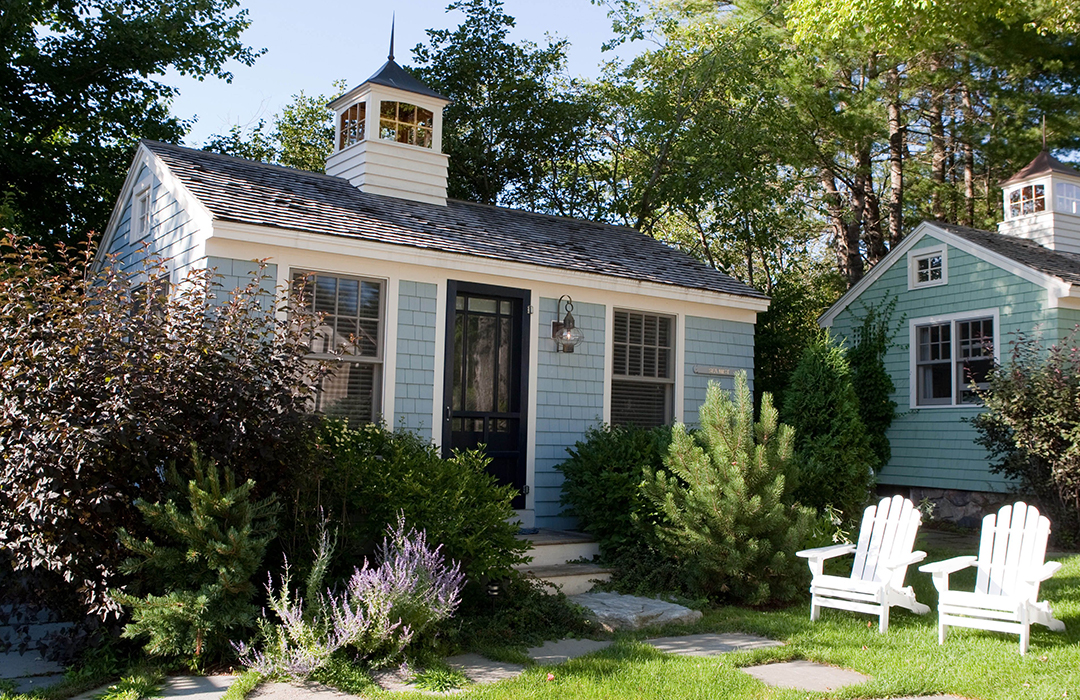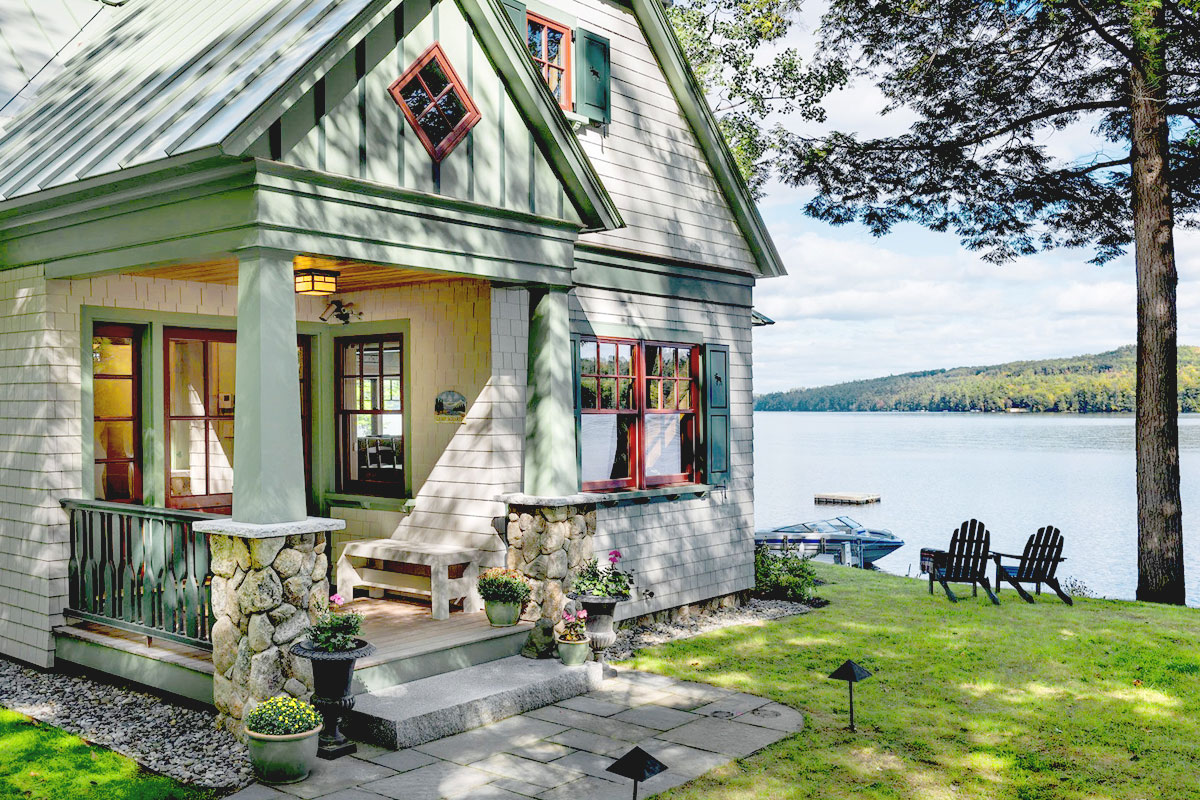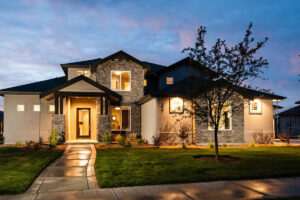Innovative Maine Home Plans for Every Budget
The first step in creating your ideal Maine home is creating a carefully considered layout that suits your tastes and way of life. Whether your dream home is a large rural getaway or a quaint coastal hamlet, selecting the ideal house plan is essential to the outcome of your project. This is a thorough guide to understanding Maine Home Plans.
Understanding Maine’s Architectural Style
Maine’s diverse landscape and rich history influence its architectural styles. From classic designs to modern interpretations that blend sustainability with traditional charm, Maine offers a wide array of architectural styles to suit every taste.
Key Considerations for Maine Home Plans
Climate and Environment: Maine has different weather across the state, with snow inland and cool breezes by the beach. The materials and energy-efficient elements in your home plan should be appropriate for the climate in Maine.
Lifestyle and Family Needs: Think about the present and future demands of your family. Are you searching for functional design that accommodate a hectic lifestyle, cozy nooks for relaxation, or open spaces for entertaining?Local Building Codes and Regulations:
Collaborate closely with Maine-based home builders who are knowledgeable about regional building laws and ordinances. This guarantees that your house layout conforms to local safety regulations and licenses.
Popular Maine Home Plan Features

Open Floor Plans: Open floor layouts, which optimize natural light and provide an air of spaciousness, are very popular in homes in Maine. They frequently have wide windows that display beautiful scenery.
Outdoor Living Spaces: Porches, decks, and patios are examples of outdoor living areas that let you enjoy Maine’s natural beauty. These locations are ideal for taking advantage of Maine’s four distinct seasons.
Efficient Use of Space: Maine house plans frequently place a strong emphasis on making the most use of available space, including spaces with multiple uses and storage options to meet a range of purposes.
Choosing the Right Maine Home Builder
Selecting a reputable Maine home builder is crucial to bringing your dream home to life. Look for builders with experience in constructing homes that align with your vision and who prioritize quality craftsmanship and customer satisfaction.
Conclusion
Designing and building a home in Maine is an exciting journey filled with possibilities. Whether you’re drawn to Maine’s coastal charm, its vibrant communities, or its serene rural landscapes, finding the perfect Maine Home Plans is the first step toward creating a space that reflects your unique lifestyle and aspirations.
Ready to embark on your Maine home building journey? Contact Maine Home Builders to explore custom home plans. Let’s build your dream home together in the heart of Maine’s beauty.
